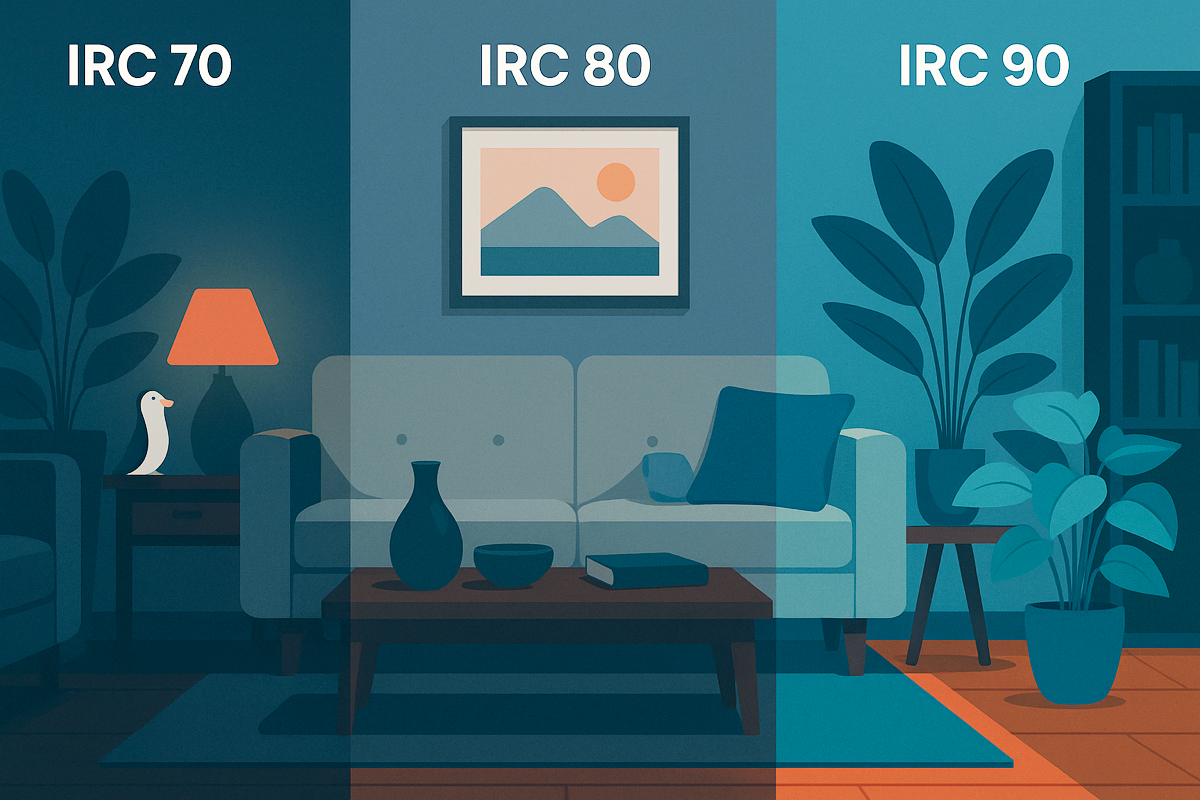Reading time: 6 min
In short:
Waking up at the same time every night isn't always abnormal. This phenomenon could stem from your biology, your environment... or an ancestral rhythm. We explore possible causes, including biphasic sleep, which is still debated.
📌 Summary
1. The internal clock at work
Your body is set to a remarkably precise biological clock. Body temperature, cortisol, sleep cycles: everything follows a regular schedule. Waking up every night at the same time can therefore be a natural response to a drop in temperature, a hormonal spike, or a phase change. If sleep is light or disrupted, this transition becomes noticeable.
Typically, these awakenings coincide with the end of a sleep cycle. They're often linked to an external signal: noise, heat, light, tension. Even a micro-disturbance can be enough. The brain, at the end of its cycle, becomes more receptive. It picks up these signals as an invitation to wake up, even if you could still be asleep.
This is why we must think of sleep as a system. A fragile balance where every variable counts. If one of them is out of whack, nighttime awakenings become predictable.
2. Biphasic sleep, a myth?
For a long time, it was believed that good sleep had to be a single block. However, anthropological archives and studies suggest a two-phase sleep: a "first sleep," then a calm awakening, and a "second sleep." This hypothesis of biphasic sleep remains debated, but it offers a clue to understanding certain nighttime awakenings. Waking up around 2 a.m. or 3 a.m. is not abnormal, but ancestral.
Even today, hunter-gatherers don't all have linear sleep patterns. Their rhythm varies depending on the sunlight. In the dry season, sleep is often monophasic. In the wet season, it becomes biphasic. Their environment dictates their biorhythm. While our society imposes fixed schedules, our biology remains flexible. These awakenings could therefore reflect a return to an older adaptive mode.
This is just one possibility among others. Sleep remains complex, and each body has its own unique balance. But it does encourage us to put things into perspective: waking up at night isn't always pathological.
3. The impact of the environment
The real problem isn't always waking up, but rather the inability to fall back asleep. And here, the environment plays a major role. Stray light, an overheated room, a halo of LEDs... These elements send the brain a contradictory message: "It's time to get up." The result: your melatonin production drops, and getting back to sleep becomes difficult.
This is where circadian lighting comes in. It naturally accompanies the transition to sleep and then to waking, without disrupting your cycles. Laqi bulbs decrease in intensity and temperature at nightfall. Combined with a sleep mask that blocks light residue, they recreate a darkness consistent with your biology. The brain understands that the night continues, even if it has briefly awakened.
🎥 Origin of blisters and impact on sleep
How to better get through the night
Nighttime waking isn't always avoidable. But it can be soothed. The secret? Eliminate false signals and restore the ideal environment.
- An effective night mask to block out all light
- Circadian bulbs for a consistent atmosphere
- A slightly cool temperature to maintain the cycle
Laqi kits sync your home with natural light. And the Circadian Mask preserves total darkness, even in the city.
💬 FAQ
Is it bad to wake up at the same time every night?
No, unless it disrupts your daily life. This may reflect a natural rhythm or an environmental disruption.
Should I consult a doctor if I wake up every night?
If waking up is accompanied by anxiety, chronic fatigue or pain, it is best to talk to a professional.
Can Circadian Lighting Really Help?
Yes, by harmonizing light and biorhythm, it makes it easier to fall asleep and return to sleep.
Waking up at night is not a mistake. It's a message to be decoded.
Sleep isn't a fixed mechanism. It's a dialogue between your body and your environment. By better listening to this dialogue, you can achieve truly restorative nights.














